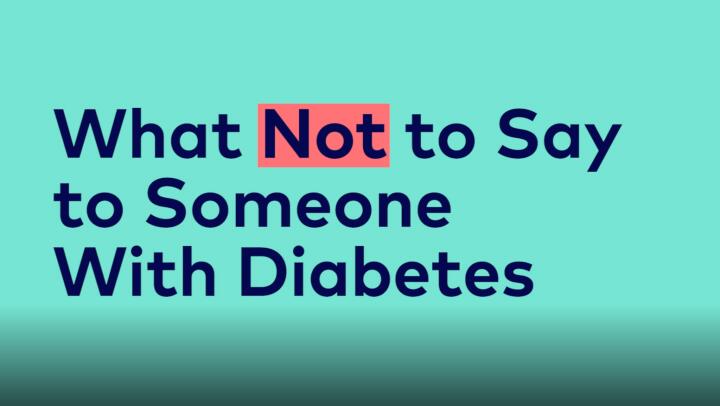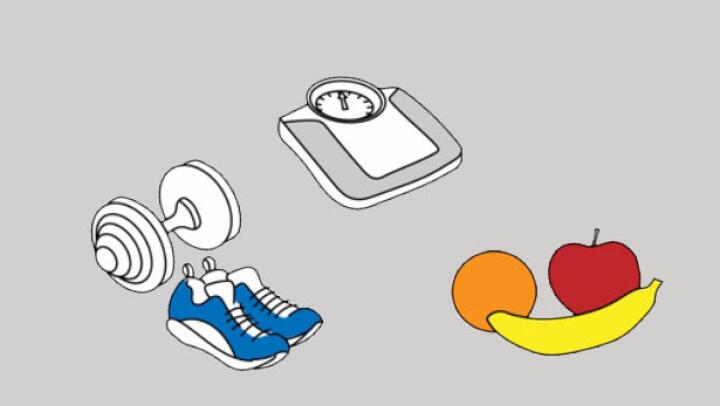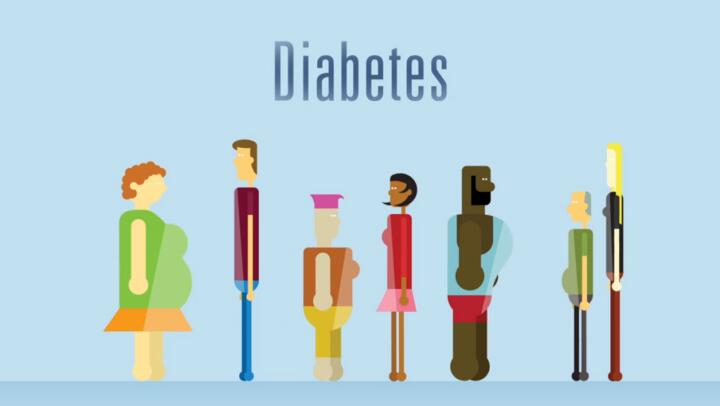
Research has shown us there’s a strong link between diabetes and cardiovascular disease. If you have type 2 diabetes, not only are you 2 to 4 times more likely to have cardiovascular issues than someone without diabetes, but you’re also at risk for earlier and more severe heart disease.
In fact, most people with type 2 diabetes will die from heart disease or stroke. But why is this the case?
When you have type 2 diabetes, your pancreas either doesn’t produce enough insulin or your body becomes resistant to insulin. Insulin is a hormone that helps your body use sugar (glucose) for energy. After you eat, the carbohydrates in your meal are converted into sugar in your bloodstream. Insulin helps this sugar leave the bloodstream to provide the rest of your tissues with energy. If your body can’t use insulin effectively or can’t produce enough, the sugar stays in your bloodstream. This results in high blood sugar levels. High blood sugar can cause damage to the nerves and blood vessels throughout your body, including those that supply your heart and brain. Fatty deposits can build up in your blood vessels and inflammation can occur, decreasing or stopping blood flow. A complete blockage of blood flowing to the heart can lead to a heart attack; a blockage of blood flowing to your brain can lead to a stroke.
Additionally, type 2 diabetes often occurs along with other conditions or risk factors that further increase the risk of heart disease. These include:
High blood pressure: Increased blood pressure can place stress on your heart by making it work harder.
Abnormal cholesterol and triglyceride levels: Many type 2 diabetics have high levels of “bad” LDL cholesterol that hurts your heart, and low levels of “good” HDL cholesterol that helps protect it. High levels of triglycerides, a type of fat, are also dangerous for your heart.
Obesity: Being overweight, particularly if you carry a lot of belly fat, puts you at risk for heart disease.
Sedentary lifestyle: Long periods of inactivity have been shown to seriously impact your heart health.
Having diabetes makes your heart more susceptible to any additional risk factors.
There are a number of things you can do to decrease the likelihood of complications from type 2 diabetes. Conveniently, many of the steps you can take to improve your diabetes also help your heart—and vice versa.
Keep your blood sugar in check. Ask your doctor what your A1C (a test used to monitor your average blood sugar over the last 3 months) level should be. It’s often advised to aim for a target A1C of 7% or lower.
Watch your blood pressure, cholesterol, and triglyceride levels. Take any medications to treat it as prescribed by your doctor.
Lose weight if you need to. Even a modest weight loss can have a significant impact.
Get regular exercise. Strive for both aerobic activity and strength training.
If you smoke, stop. Smoking raises your blood pressure and constricts your blood vessels.
Eat a healthy diet. Lower your intake of fat and salt. Try to choose whole foods, including fruits and vegetables, when possible.
Manage your stress. By decreasing your stress levels, you decrease your blood pressure as well. Find what works for you, whether it’s going for a walk, listening to your favorite music, or meditating each day.
One more important thing to be aware of: some people with diabetes have what’s called “silent” heart disease or even a “silent” heart attack. It’s thought that the nerve damage from diabetes prevents certain individuals from feeling the typical pain or symptoms. For this reason, if you have diabetes, it’s even more crucial to get regular check-ups from your doctor. This gives you the best chance at detecting any potential heart issues at their earliest stages so you can get started on the treatment you need.




































